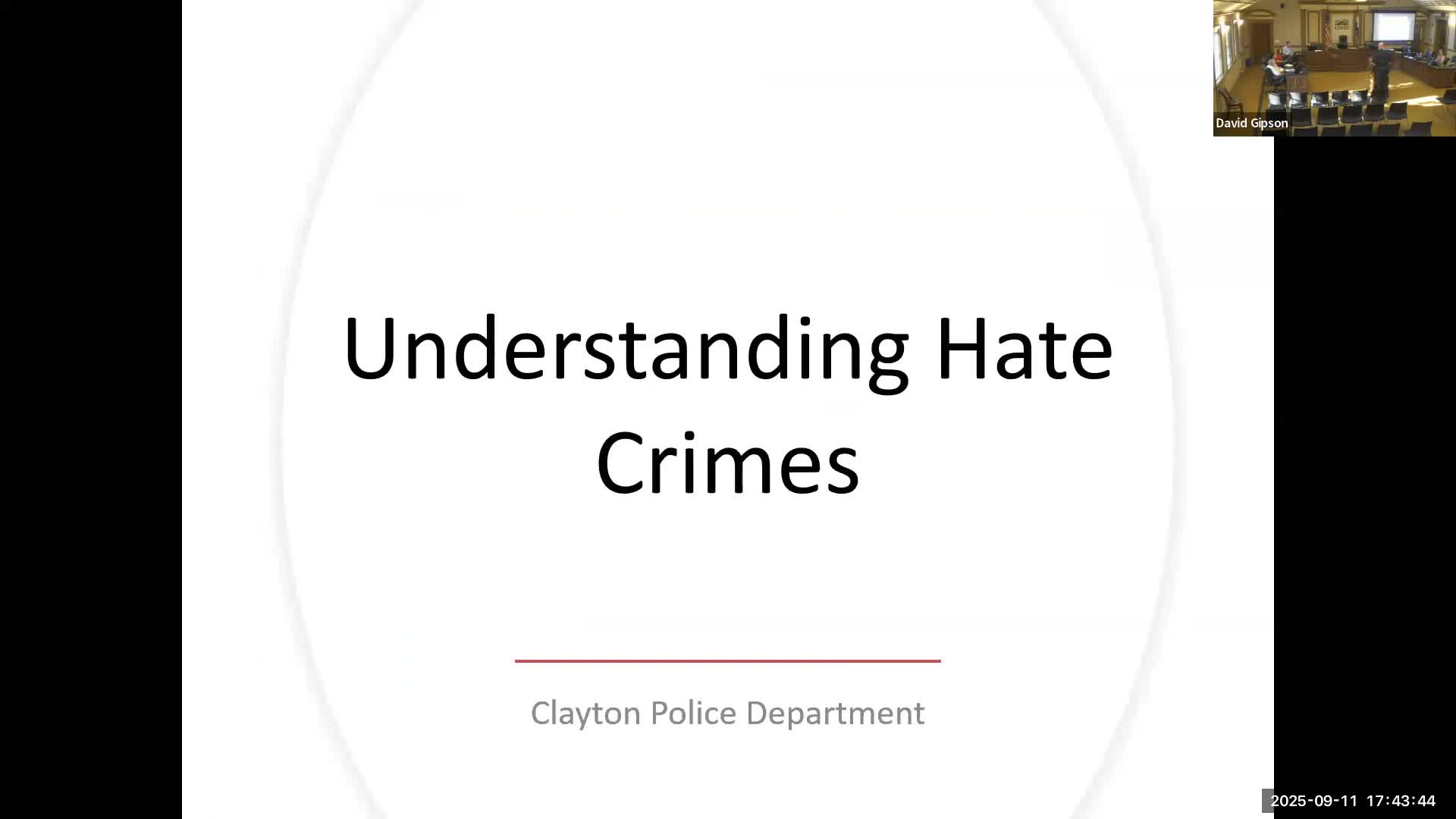Article not found
This article is no longer available. But don't worry—we've gathered other articles that discuss the same topic.
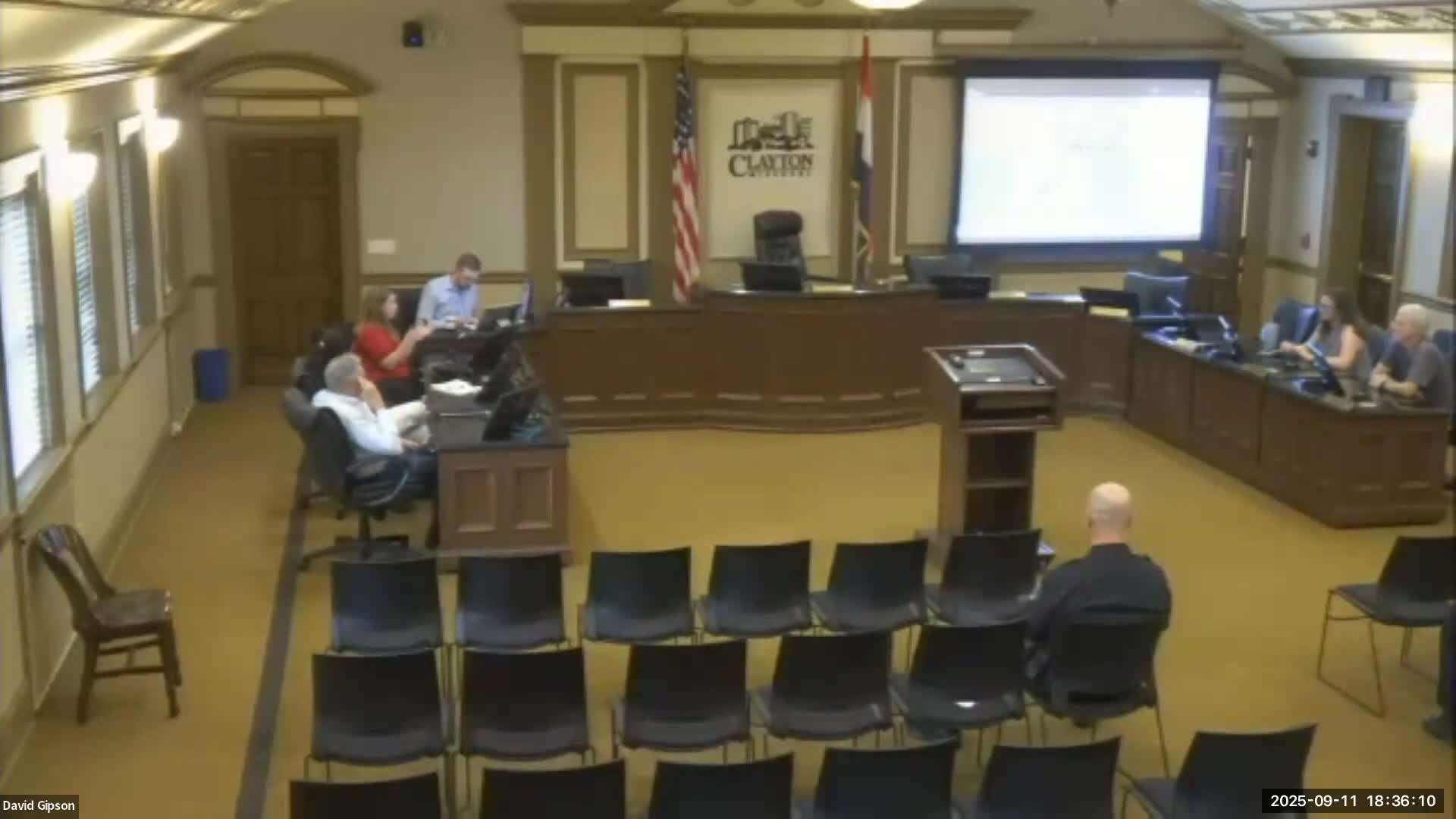
City announces hire of Myron Burr Jr. as assistant city manager and liaison to commission
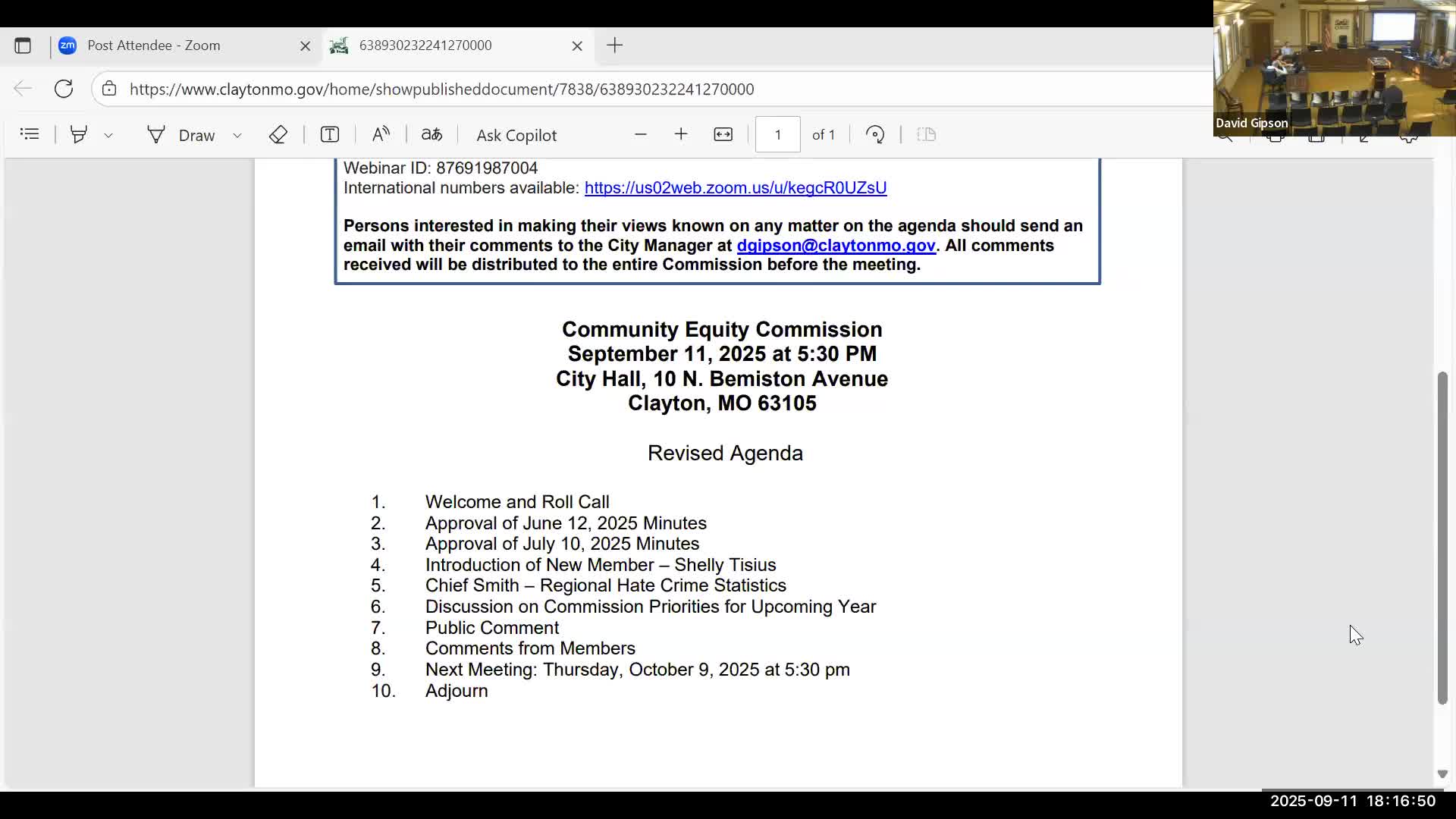
Commission agrees to compile nonpartisan immigration resources for city website
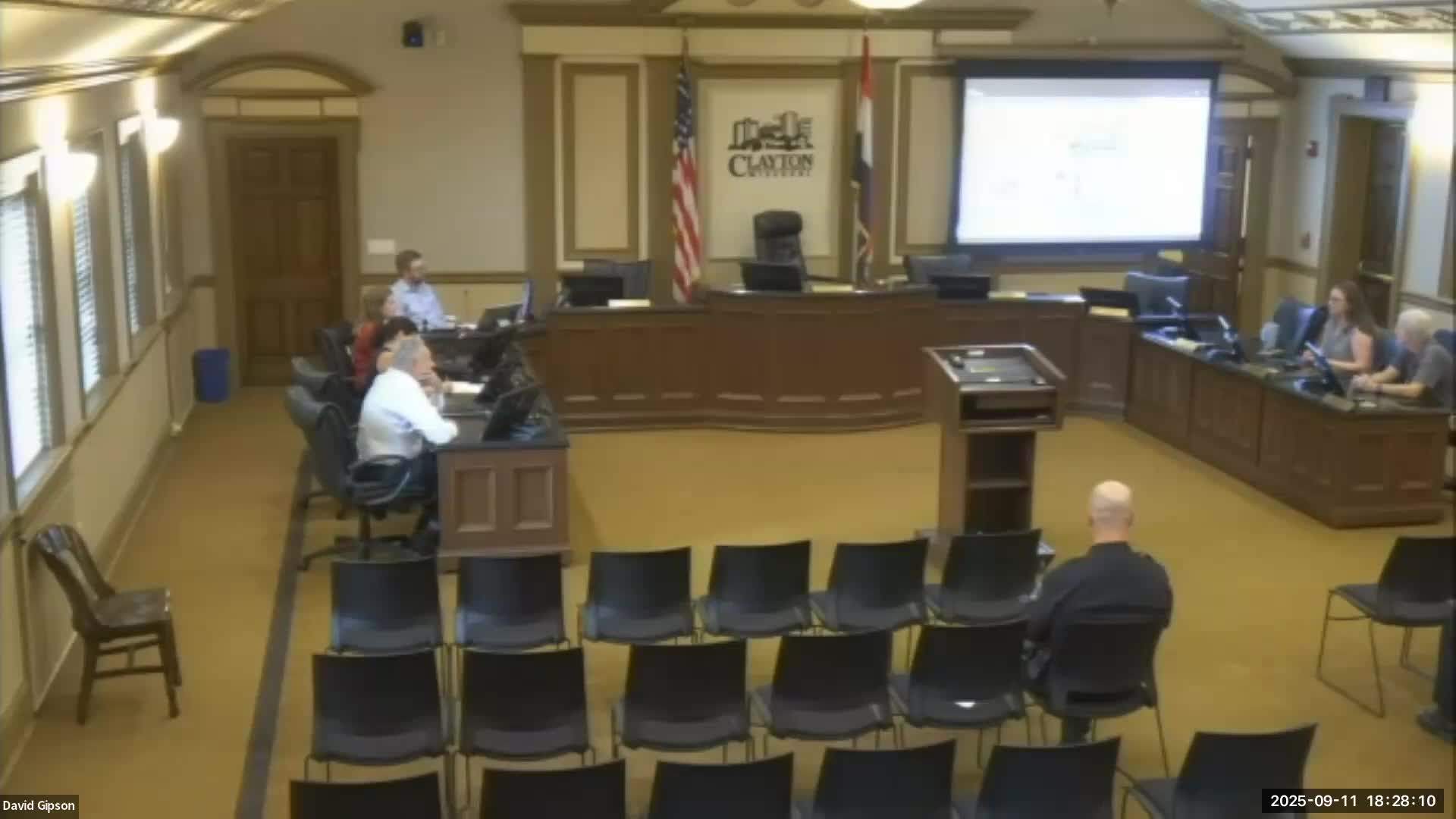
Commission discusses housing supply, past rezoning proposals and role on affordability
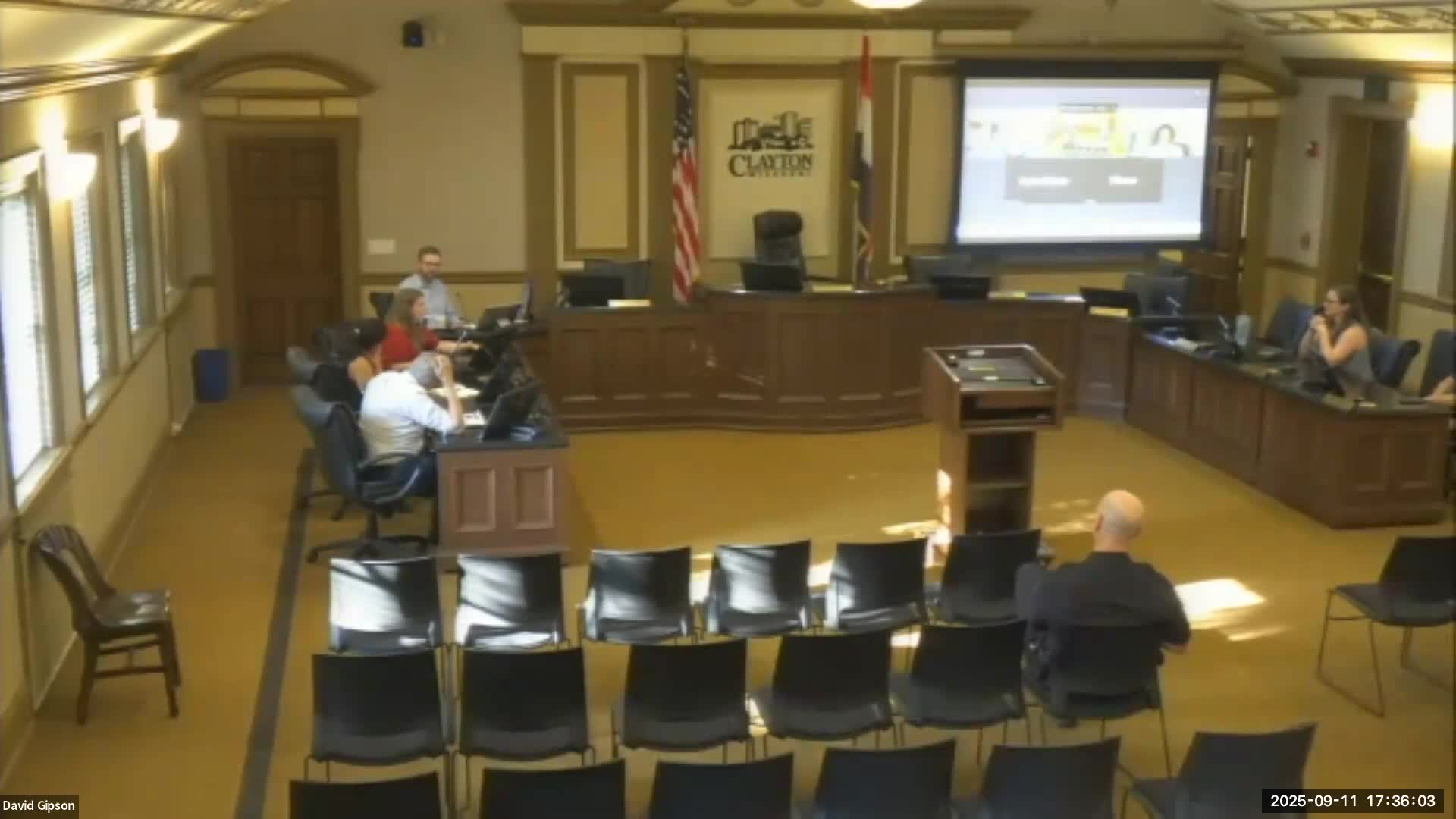
New commissioner urges improved ADA access, family‑friendly amenities and clearer event accessibility info
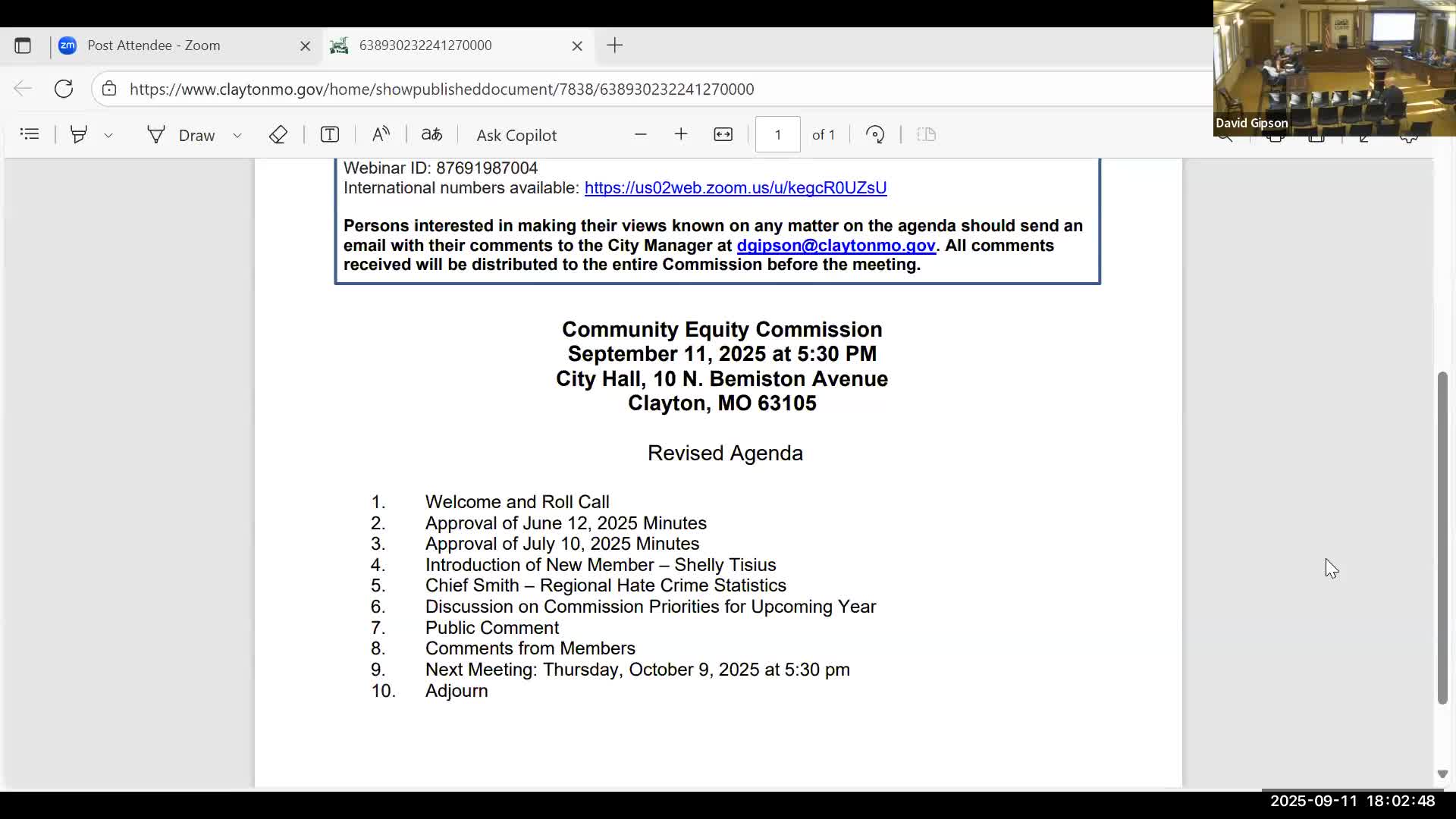
Commissioners discuss proposed charter changes and possible regional municipal court
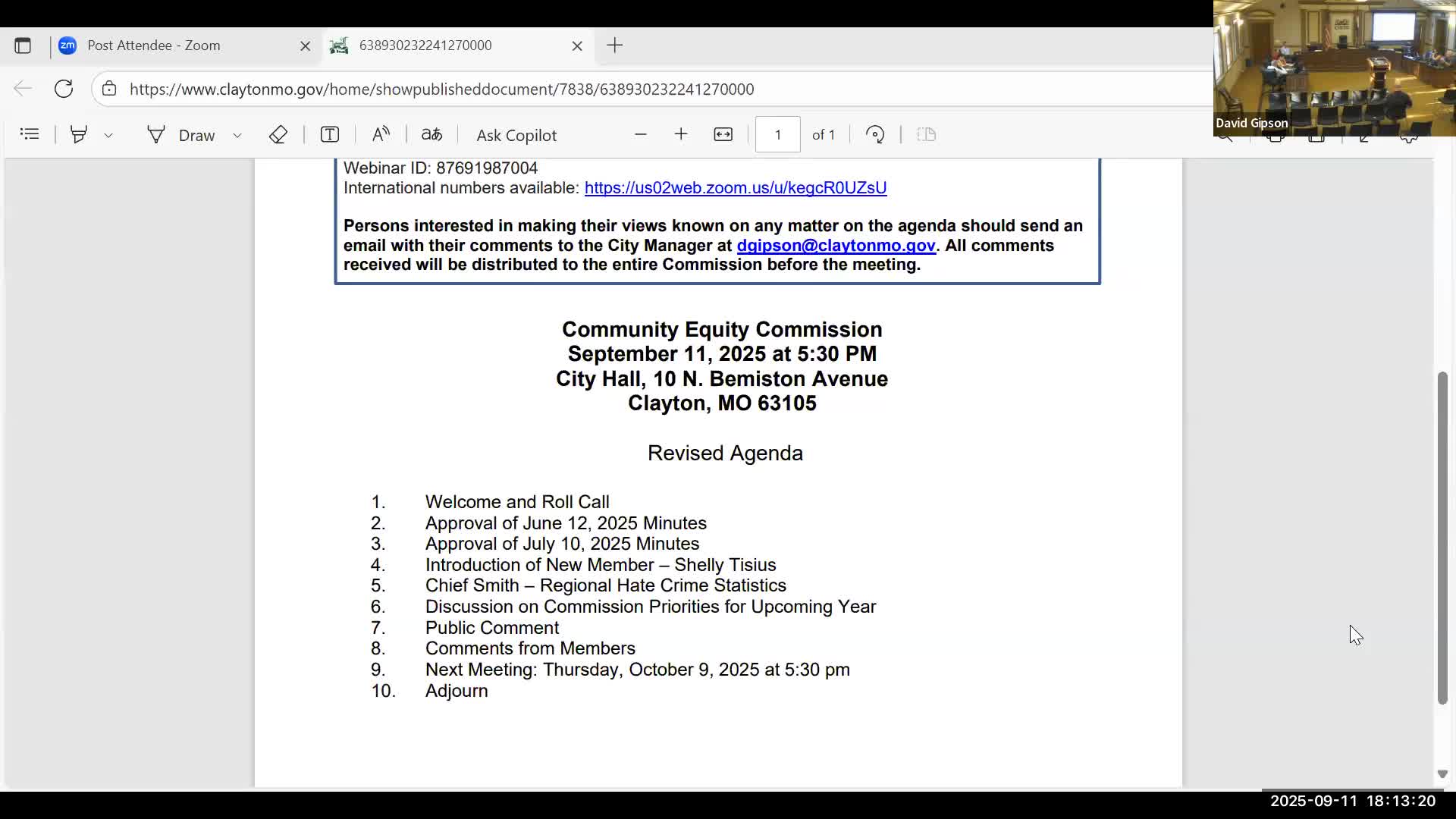
Commission votes to join city prosecutor selection panel
